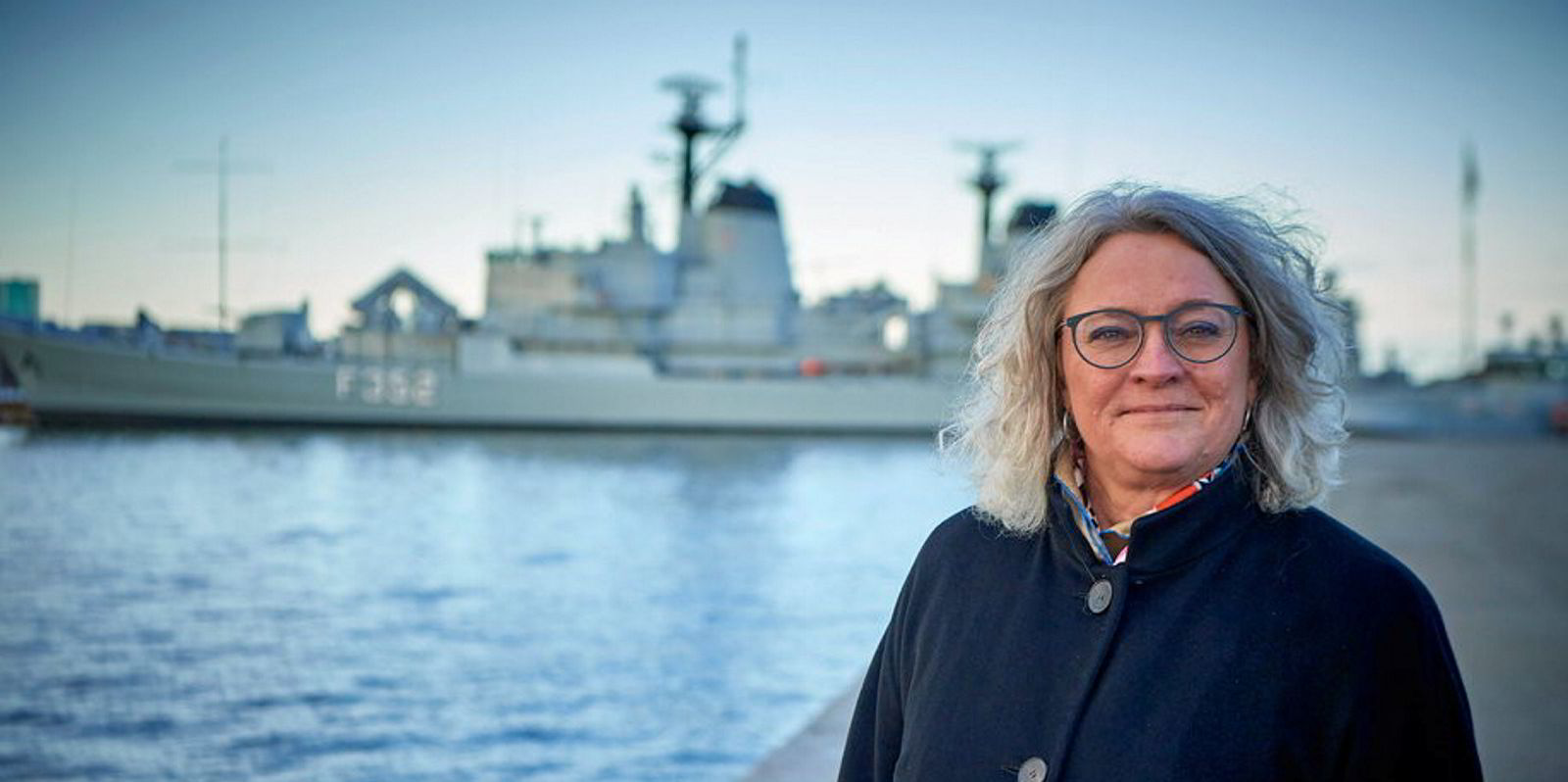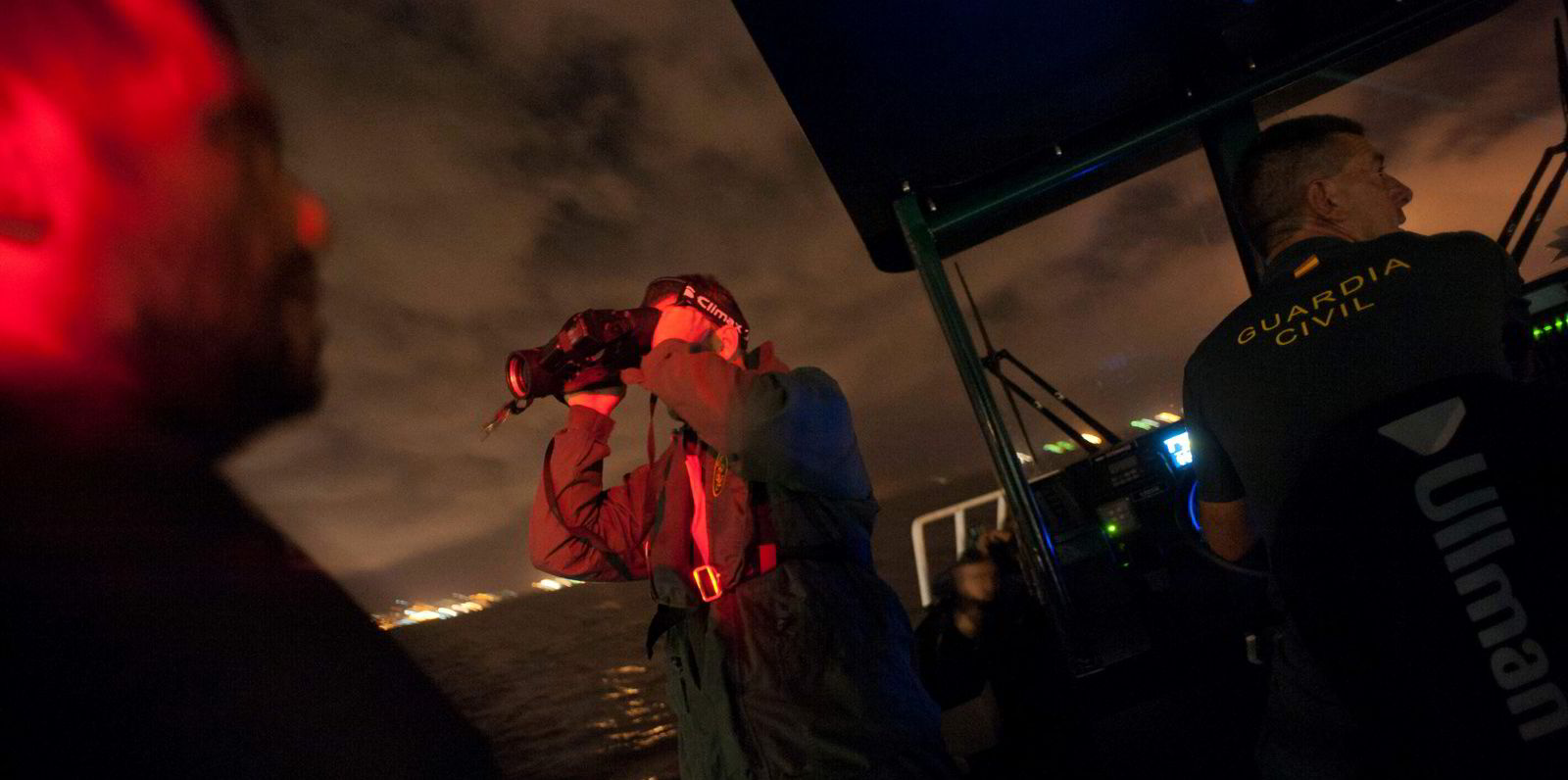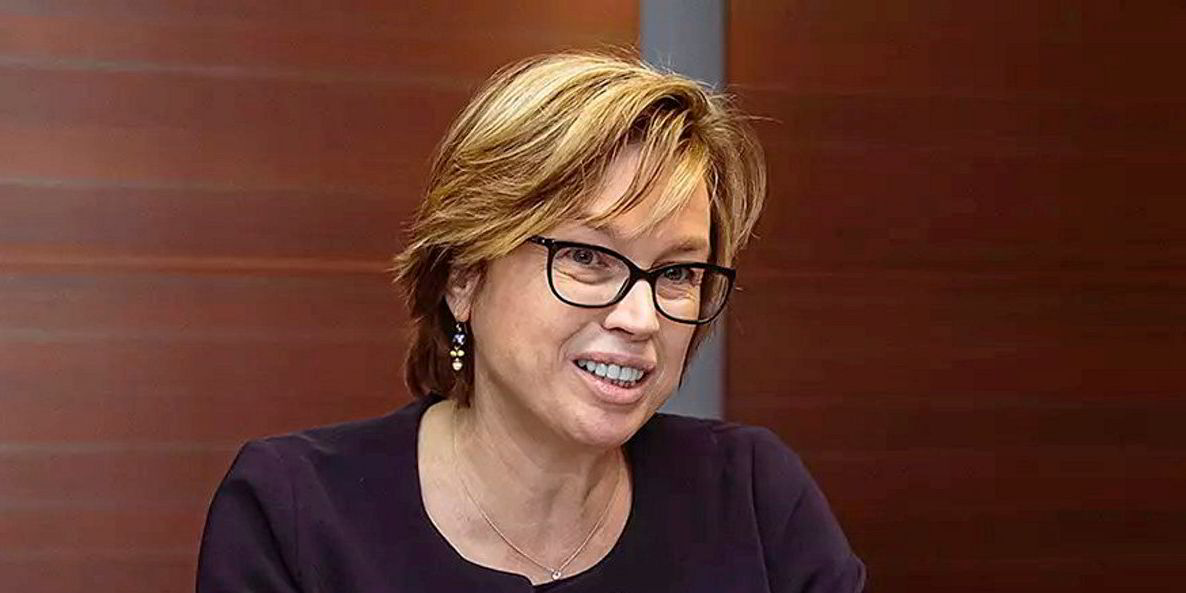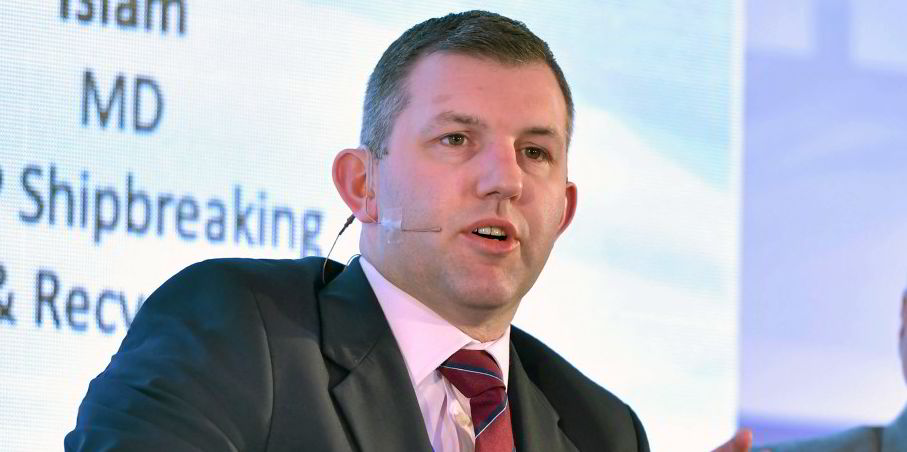It is a wake-up call to be told by the head of Europe’s police intelligence group that crime is thriving in North Continental ports. “We discovered a harbour where everyone was corrupted,” Catherine De Bolle, director general of Europol, said.
She warned that drug gangs are clearly targeting the shipping industry, although many believe this is a problem more associated with far-flung places.
Telling everyone to be vigilant is good but lessons should be learned, although Mexican authorities jailing Polish master Andrzej Lasota (who himself blew the whistle and halted discharge of a cocaine cargo from his 31,900-dwt UBC Savannah in Mexico) is not the right way to proceed.
Leading marine insurer Gard recently warned shipowners of a continuing and increasing volume of drug smuggling through Mexican ports.
And logistics insurer TT Club said it was pouring extra resources into highlighting the problems of narcotics being moved through European docks.
The TT Club estimates that 110 tonnes of cocaine were brought through Antwerp alone last year: the Belgian police arrested 30 people in May targeting a gang with links to corrupt staff there.
Rotterdam, Calais and Lisbon have also been ports where there have been significant drug busts.
Maritime crime is big business, especially perhaps when law enforcement in many countries is strapped for cash post-Covid and governments are distracted by the fallout from Ukraine.
Security first
Danish Shipping, the Copenhagen-based employer group, accepted that the Royal Danish Navy was now taken up with local security issues and could not spare vessels, say, for piracy off West Africa.

That is another big crime problem that has not gone away.
Details are scarce but armed men boarded a general cargo vessel in the Douala anchorage off Cameroon on 30 June and kidnapped five crew members.
On the same day, an anchored fishing vessel in the same location was fired on and an attempted boarding was thwarted by guards.
Two days earlier, pirates got on board a container vessel at rest off the Ghanaian port of Takoradi and stole stores from it.
And on 26 June, four armed robbers appeared on the deck of a bulk carrier anchored off Conakry on the coast off Guinea and stole various items.
This was all in one week off the coast of West Africa and there were other incidents reported to the ICC International Maritime Bureau (IMB) in Peru and Indonesia.
Piracy is ongoing despite a lull last year.
The IMB reported in April that there were 27 incidents of piracy reported in the first quarter of 2023 — down from 37 in the same period 12 months earlier.
That was the lowest level for 20 years but IMB director Michael Howlett was anything but complacent.
“We emphasise the need for continued, robust and coordinated regional and international naval presence as a deterrent to prevent and respond to piracy,” he said.
The IMB’s message was made more urgent by the armed seizure by pirates of the Singapore-flagged bunker tanker Success 9 (built 2003) on 10 April south-west of the Ivory Coast in the Gulf of Guinea.
This came less than a month after the well-publicised hijacking of the Danish-owned, 13,700-dwt product carrier Monjasa Reformer (built 2003) 140 nautical miles (260 km) off the Republic of the Congo’s Pointe-Noire.
UK-based EOS Risk Group said both these cases were particularly disturbing because — unlike the ones in recent days off West African anchorages — they showed the ability of pirates to operate “at great ranges from the shore”.
Constant threat
The Monjasa Reformer was found a week later by French Navy vessel off Sao Tome & Principe but six of the crew had been kidnapped.
Anne Steffensen, chief executive of Danish Shipping, said: “The piracy problem off the coast of Africa is not solved, we need to find other solutions.
“The current situation clearly shows that most countries in the region do not have the necessary resources or capacities to respond to such an incident.”
She wanted more coordination on the issue between European Union countries and African nations to agree to hand over suspected pirates for trial in Europe.
Shipping has a lot to think about with decarbonisation, Russian trade embargoes, crew shortages and inflationary costs, but the threat of crime is also a constant.






